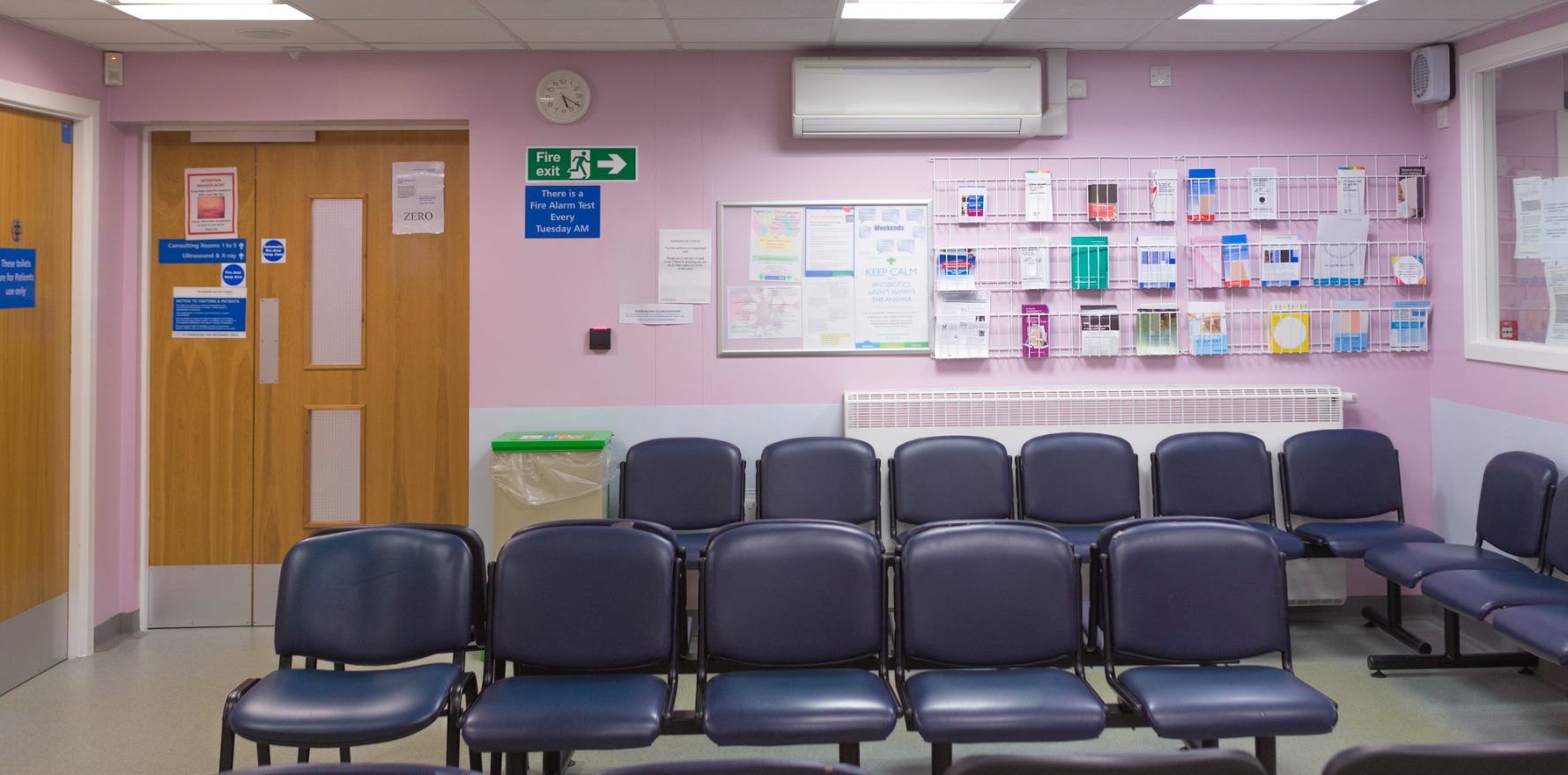A rare statement from the National Council of Primary Care Doctors says the UCC model is “inconsistent” with integrated primary care.
Medicare urgent care clinics represent a false economy and divert much-needed funds from regular general practice, according to a coalition of seven primary care bodies.
The National Council of Primary Care Doctors, which is made up of ACRRM, RACGP, RDAA, AMA, General Practice Supervision Australia, General Practice Registrars Australia and the Australian Indigenous Doctors’ Association, rarely makes public statements.
In fact, prior to this week, its most recent communique was from September 2022 and was in relation to payroll tax.
The latest statement from the group – dated October but released this week – takes a stance on urgent care clinics, which it said were “not the solution” to the affordable provision of after-hours general practice care.
“The UCC model is inconsistent with the delivery of comprehensive and integrated primary care models, and reports indicate that clinical handovers from UCCs back to a patients’ regular GP practice are of inconsistent quality, if provided at all,” it said.
“The Council has significant concerns that UCCs are creating competition for an already stretched workforce supply of general practitioners and primary care registered nurses.”
Continued expansion, it said, could limit the ability of general practices to train the future medical workforce in the skills.
Related
Instead, the council urged the government to invest in additional GP and rural generalist training places, reform after-hours funding and facilitate general practice-based multidisciplinary care.
The Medical Republic asked RACGP president Dr Nicole Higgins how GP organisations justified taking a position against urgent care clinics when those same clinics employed GPs.
“What it’s doing is it’s diluting the workforce and fragmenting care,” she said.
“They are marketed to the public as being free, when we know that they cost the taxpayer four, five or six times more than if a GP in their community practice was seeing the same patient with the same problem.”
While acknowledging that it was likely still cheaper than a hospital emergency department presentation, Dr Higgins called UCCs a “false economy”.
“It’s cheaper than a hospital presentation, which makes it attractive to our state governments, but it is still significantly more costly than a general practice visit,” she said.
“The other challenge is the people in rural and regional Australia miss out [on UCCs], which feeds into the inequity within our health system.”
UCCs are one of the cornerstones of the government’s Stronger Medicare advertising campaign, which is currently running across digital and audio mediums ahead of next year’s federal election.
To date, there has not been a formal evaluation of the UCC model.





